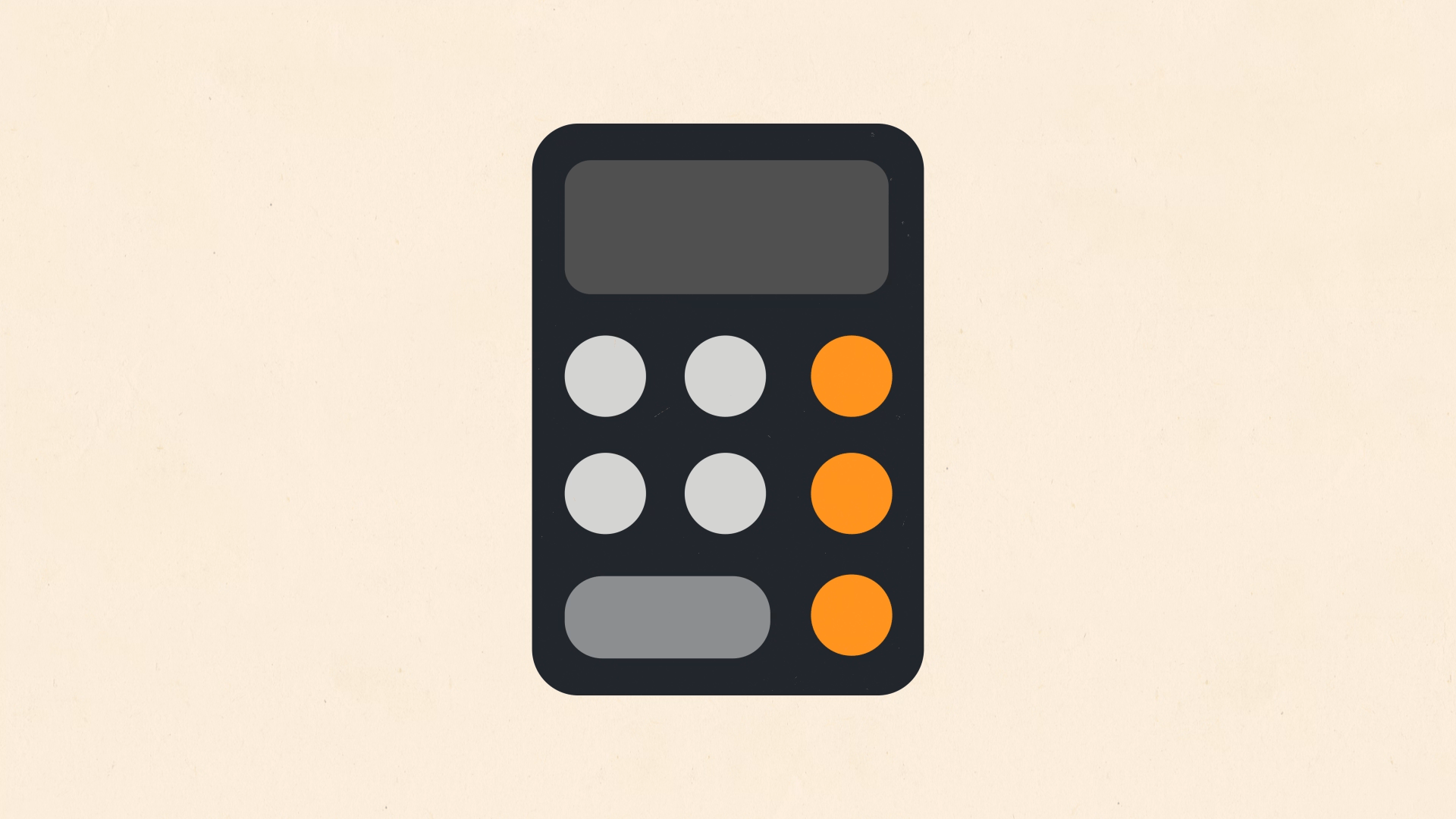Five House Races to Watch
7 min read
This is an edition of The Atlantic Daily, a newsletter that guides you through the biggest stories of the day, helps you discover new ideas, and recommends the best in culture. Sign up for it here.
Election Day is in a few weeks, but for millions of Americans, early voting in the presidential and downballot races is already under way. Over the next 19 days, how people vote in dozens of swing districts will determine which party takes control of the House of Representatives.
The race for the House looks like “a true toss-up,” my colleague Russell Berman, who covers politics, told me. (He also noted that the Democrats he’s spoken with lately are “cautiously optimistic”—and some actually seem “a touch more confident about retaking the House than winning the presidency.”) To take back control, Democrats need to pick up four seats from Republicans.
Abortion is a key issue that could determine the balance of power in the House, Russell explained, in large part because many of the most important races are happening in suburban areas where significant numbers of college-educated women are expected to turn out. Still, it’s unclear whether that issue will actually mobilize blue-state voters who have perceived less of a threat to abortion access. Immigration policy could also come into play; some Democrats are striking a more hawkish tone on the border, Russell said, following a strategy that helped Representative Tom Suozzi win George Santos’s former seat in a special election on Long Island earlier this year.
Below are five competitive House races that we’re keeping an eye on.
New York’s Seventeenth District
New York is famously a Democratic stronghold. But in the 2022 midterms, Republicans’ sweep of the state’s most competitive House races was a key factor that contributed to the Democrats losing control of the House. Now, just north of New York City in a district where 80,000 more Democrats than Republicans are registered, Republican Mike Lawler is trying to defend his seat against former Representative Mondaire Jones in a close race that may help tip the House.
Lawler, who is framing himself as a moderate Republican, has worked to tie Jones to the embattled Democratic New York City Mayor Eric Adams, and he’s tried to haunt Jones with his old progressive stances from 2020, when he won a House seat in the Seventeenth District. Democrats have spotlighted Lawler’s abortion views—he opposes abortion except in cases of rape or incest, though he does not back a national ban—as a weakness in his campaign. Immigration has been another point of contention because of the recent influx of migrants in New York; both candidates have swiped at each other’s record on the border.
Pennsylvania’s Tenth District
In Pennsylvania, a must-win swing state for the presidential candidates, a race between a MAGA Republican and a former news anchor could affect the balance of power in the House. Republican Representative Scott Perry is fighting to hold onto his seat against a challenge from Janelle Stelson, who became a local celebrity thanks to her decades on air. In a recent dispatch from the district, Russell described Perry as “the most vulnerable Trump loyalist in the House,” in part because of his baggage related to January 6 (he reportedly tried to install an attorney general who would help Trump stay in power).
Stelson carries little political baggage as a longtime news anchor and first-time candidate. A former registered Republican and self-identified centrist, she has taken a stronger stance on immigration than many Democrats, and she declined to endorse Vice President Kamala Harris until recently. But she’s largely aligned with her party on abortion: Stelson has said that the overturning of Roe v. Wade fueled her decision to run as a Democrat, and Perry recently said that he wouldn’t rule out voting for a national abortion ban.
Washington’s Third District
A rematch will take place between Joe Kent, a MAGA loyalist who has denied the outcome of the 2020 presidential election, and Marie Gluesenkamp Perez, a vulnerable Democrat who won in an upset in 2022. That the Trump-backed Kent, rather than the district’s more moderate Republican incumbent, ran (and lost) in the district in 2022 was a “self-inflicted wound” that was “emblematic of how poor Republican choices and MAGA purity tests hurt the party in races up and down the ticket,” my colleague David Graham wrote at the time.
Washington’s Third District is a primarily rural area that voted for Trump in 2016 and 2020. In the House, Perez sometimes crosses the aisle to vote with Republicans on certain issues, including student-loan-debt relief, raising the ire of party loyalists. In July, she went where few Democrats did: Shortly after President Joe Biden withdrew from the race, she released a statement that appeared to cast doubt on his fitness to serve the rest of his term.
Arizona’s First District
Republican Representative David Schweikert, who is seeking his eighth term in the House, is running against Democrat Amish Shah, an ER physician turned state representative. Arizona’s First District, with its large share of college-educated suburban voters, is considered a bellwether district in a state that could determine the outcome of the presidential election.
Republicans have framed Shah as “an extreme liberal,” sympathetic to socialism and raising taxes in a race where taxes and border security are key issues. But abortion is also top of mind for many voters—a measure that would codify the right to abortion in Arizona will be on the state’s November ballot—and Schweikert repeatedly co-sponsored a bill that would have banned nearly all abortions nationwide.
California’s Forty-Seventh District
California, like New York, is sure to go to Harris in the presidential race. But across the state, a handful of House races remain highly competitive. In Orange County’s affluent Forty-Seventh District, Democratic State Senator Dave Min and the Republican attorney Scott Baugh are facing off in a tight race that both parties have identified as a key target to win in 2024. The two candidates are vying to take over the seat currently occupied by Democratic Representative Katie Porter, who opted to run instead for the late Senator Dianne Feinstein’s seat (a bid that failed in part because a tech-backed campaign spent $10 million attacking Porter for being insufficiently crypto-friendly).
The number of registered Democrats and Republicans in the district is nearly equal, and Orange County’s growing Asian American and Latino populations have helped shift left the area once known as a conservative bastion. Min and Baugh will likely need to court the vote of independents to win, with a focus on the local issues including the economy and crime.
Related:
- Seven Senate races to watch
- The New York race that could tip the House
Here are four new stories from The Atlantic:
- Israel has won the war, Franklin Foer writes. Can it win the peace?
- Ron Brownstein: Kamala Harris’s closing argument
- Donald Trump’s roomful of suspiciously friendly women
- Mike Pence is haunting this election.
Today’s News
- Israeli forces killed Yahya Sinwar, Hamas’s top leader, in southern Gaza, officials confirmed today.
- A grand jury in Georgia indicted the 14-year-old Apalachee High School shooter and his father on murder charges for a mass shooting last month that left four people dead.
- The Roman Catholic Archdiocese of Los Angeles agreed yesterday to pay $880 million to 1,353 victims of clergy sexual abuse, the largest single child-sex-abuse settlement involving a single Catholic archdiocese.
Dispatches
- Time-Travel Thursdays: Eleanor Roosevelt was ahead of her time, Helen Lewis writes. The beloved first lady was as visible as her husband in the White House.
- Work in Progress: On the whole, Democrats are pro-EV and Republicans are not, Matteo Wong writes. Partisanship only partly explains the difference.
Explore all of our newsletters here.
Evening Read

A Calculator’s Most Important Button Has Been Removed
By Ian Bogost
I worry that the calculator we’ve known and loved is not long for this Earth. This month, when I upgraded my iPhone to the latest operating system, iOS 18, it came with a refreshed Calculator app. The update offered some improvements! I appreciated the vertical orientation of its scientific mode, because turning your phone sideways is so 2009; the continuing display of each operation (e.g., 217 ÷ 4 + 8) on the screen until I asked for the result; the unit-conversion mode, because I will never know what a centimeter is. But there also was a startling omission: The calculator’s “C” button—the one that clears input—was gone. The “C” itself had been cleared.
Read the full article.
More From The Atlantic
- The AI boom has an expiration date.
- What is this “post-birth abortion” Donald Trump keeps talking about?
- Arthur C. Brooks: Why humility is the key to well-being
- What does that dog bark mean?
Culture Break

Check out. These are the stunning results of the 2024 Small World Photomicrography Competition—a contest that invites photographers and scientists to submit images of all things visible under a microscope.
Read. Richard Powers’s recent novels have traded complexity for preachiness, but his latest is an effective twist on AI panic, Randy Boyagoda writes.
Play our daily crossword.
P.S.
On the last Monday of each month, Lori Gottlieb answers a reader’s question about a problem, big or small, in the “Dear Therapist” newsletter. This month, she is inviting readers to submit questions related to Thanksgiving.
To be featured, email dear.therapist@theatlantic.com by Sunday, October 20.
By submitting a letter, you are agreeing to let The Atlantic use it—in part or in full—and we may edit it for length and/or clarity.
Stephanie Bai contributed to this newsletter.
When you buy a book using a link in this newsletter, we receive a commission. Thank you for supporting The Atlantic.



